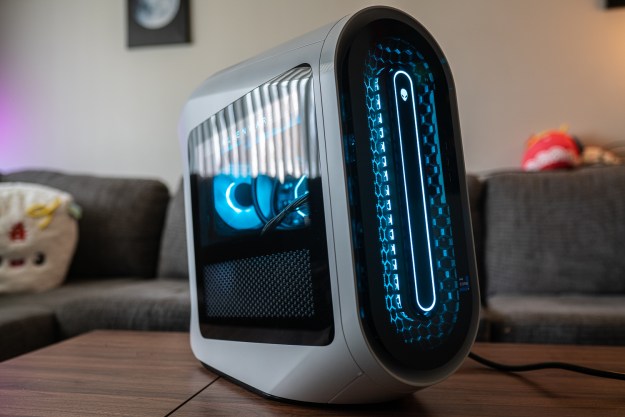
In a surprise move, cable operator Comcast has reversed it’s controversial policy of filtering some types of network activity—like BitTorrent and other P2P file-sharing programs—in the name of "network management." According to a company statement, Comcast will treat all types of Internet traffic equally and adopt a new set of network and traffic management tools that don’t discriminate between different types of network traffic.
"This means that we will have to rapidly reconfigure our network management systems, but the outcome will be a traffic management technique that is more appropriate for today’s emerging Internet trends," said Comcast CTO Tony Werner, in a statement.
Comcast had come under fire for clandestinely employing technology that deliberately shut down BitTorrent or Gnutella file-sharing sessions in cases where Comcast deemed the activity to be impinging on the overall performance of a particuar segment of their network. The traffic filtering process was first exposed by the Associated Press; Comcast first denied it filtered any traffic at all, then grudgingly admitted it engaged in "network management" practices that could "delay" some network traffic. Advocacy groups and Comcast customers complained to the FCC. At a hearing this February in Cambridge, Massachusetts, to discuss the issues, FCC chairman Kevin Martin indicated the organization was willing to penalize Internet service providers who favored one type of traffic over another, and rapped Comcast on the knuckles for failing to disclose its operational policies to customers. The meeting was also a source of controversy because Comcast apparently went to considerable effort to pack the few available seats with its own employees and supporters in an effort to keep out protesters and net neutrality proponents; some of these "seat warmers" were photographed sleeping through the hearing.
Comcast now says it will "publish" the details of its new traffic and network management policies and take into account feedback from its customers and the Internet community as it implements its new management system. Comcast also says it is in private talks with BiTTorrent to work on ways to better manage transfer of large data blocks across its network.
As Internet video hits the mainstream—and file sharing shows no sign of going away—ISPs are facing a new set of networking management challenges. Cable operator Time Warner has recently introduced metered service in Beaumont, Texas in an effort to cap network usage; Verizon has recently pacted with file-sharing company Pando to come up with ways to better manage traffic on its network.


